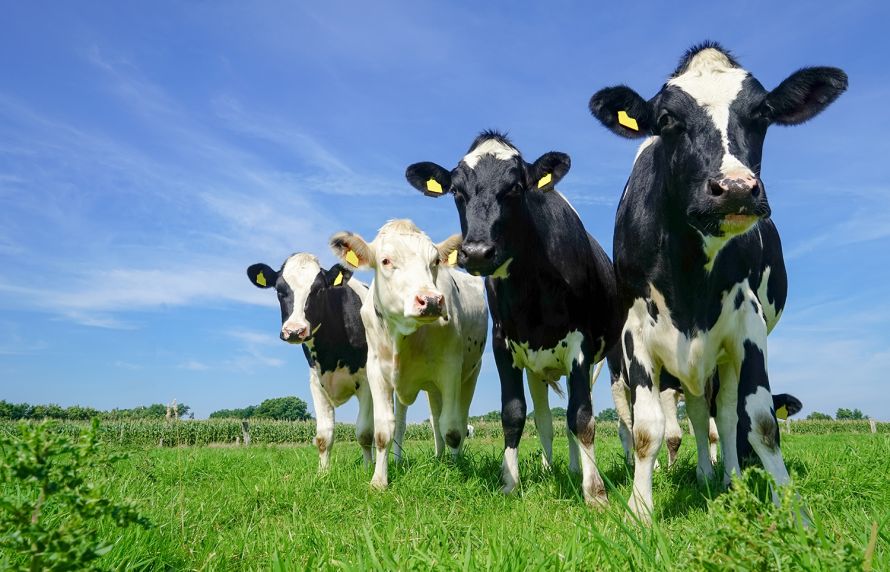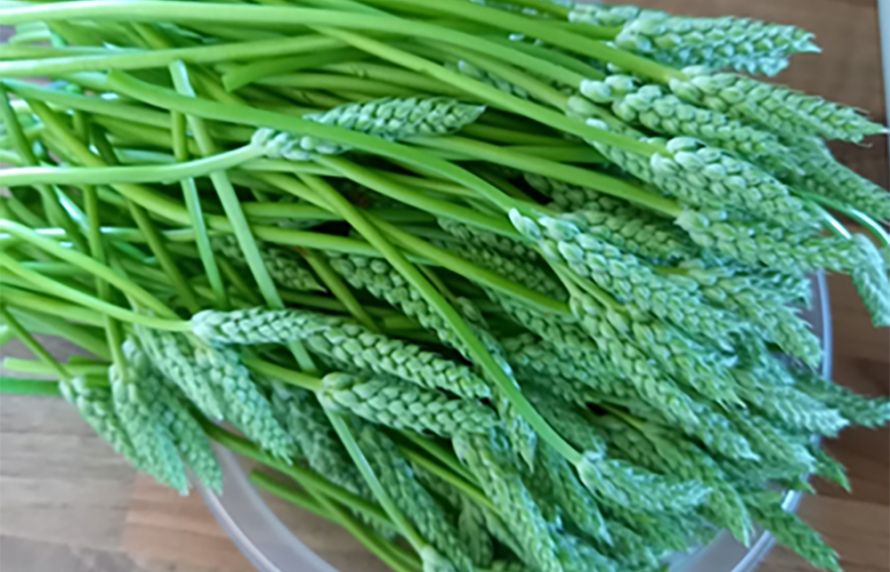
Press Area
Welcome to the ANSES press area. Here you will find all our press releases and kits as well as our latest published news.
The Press Office team is available to help you with your research into the Agency's expert assessment work and other activities. We will guide you in the organisation of meetings and interviews and will do our best to respond to all your requests as quickly as possible.
Please feel free to contact us by e-mail at presse@anses.fr or by telephone for all urgent requests.
Nathalie Lonnel
Press Officer - 01 49 77 13 77
Judith Nadjar
Press Officer - 01 49 77 22 26
Shana Paquay De Plater
Press Officer - 01 49 77 28 20
Elena Tchirvina - Seité
Head press officer - 01 49 77 27 80





